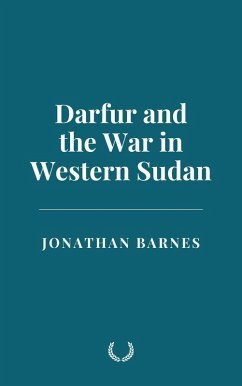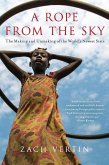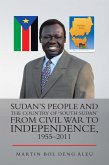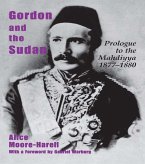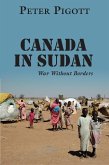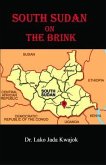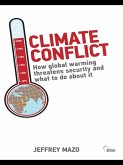Key chapters explore the pivotal events that shaped the conflict, from the rise of rebel movements such as the Sudan Liberation Army (SLA) and the Justice and Equality Movement (JEM) to the Sudanese government's counterinsurgency strategy, which included scorched-earth tactics, aerial bombings, and the weaponization of sexual violence. The role of international actorsboth in enabling the conflict through economic ties and in attempting to mediate peaceis critically examined, with a focus on the influence of regional players such as Chad and Libya, as well as the global response led by the United Nations, the African Union, and international NGOs.
This analysis delves into the humanitarian crisis resulting from the war, with over 2.5 million people displaced and forced to live in precarious conditions in IDP and refugee camps. The study also interrogates the effectiveness of peace agreements, from the 2006 Abuja Agreement to the 2011 Doha Document for Peace in Darfur, which, despite their aspirations, failed to address the root causes of the conflict or provide justice for survivors.
The International Criminal Court's (ICC) intervention is a key focus, particularly the unprecedented indictment of former Sudanese President Omar al-Bashir on charges of genocide, war crimes, and crimes against humanity. The legal, political, and symbolic ramifications of this indictment highlight the global struggle for accountability amid accusations of selective justice and concerns about the ICC's capacity to enforce its mandates.
Further, the study explores the conflict's gendered dimensions, emphasizing the plight and resilience of women and children who endured targeted violence and yet became central to survival and peacebuilding efforts in their communities. The political economy of the conflict is also analyzed, with particular attention to the exploitation of Darfur's resources and the economic policies that fueled marginalization and rebellion.
In its final chapters, the work reflects on the post-conflict challenges of reconstruction, reconciliation, and justice. The legacies of warincluding unresolved land disputes, ongoing displacement, and fragmented political alliancescontinue to shape the socio-political landscape of Darfur and Sudan at large. The study underscores the importance of addressing economic inequality, political exclusion, and historical grievances as essential steps toward sustainable peace.
The Darfur conflict remains a case study in the failures and possibilities of international intervention, humanitarian advocacy, and transitional justice. By integrating historical analysis, primary testimonies, and scholarly critiques, this research contributes to a deeper understanding of the conflict and its aftermath, offering lessons for preventing future atrocities and fostering inclusive peacebuilding in conflict-affected regions.
Dieser Download kann aus rechtlichen Gründen nur mit Rechnungsadresse in A, B, CY, CZ, D, DK, EW, E, FIN, F, GR, H, IRL, I, LT, L, LR, M, NL, PL, P, R, S, SLO, SK ausgeliefert werden.

